
Deputy Minister of National Defense Ta Quang Buu (second row from left) signed the Vietnam Armistice Agreement on behalf of the Government and the General Command of the Vietnam People's Army. Photo: VNA file
Victory of Justice
In an article published on the Government E-newspaper, Dr. Dang Kim Oanh - Editor-in-Chief of the Party History Magazine, Institute of Party History, Ho Chi Minh National Academy of Politics - acknowledged that with the Geneva Agreement, North Vietnam was completely liberated and became a great rear base, a solid base of the great front line of South Vietnam. This was an extremely important condition for our army and people to consolidate the victory gained, enter the resistance war against the US, save the country, carry out the task of completely liberating the South, and unifying the country.
After 75 days of negotiations with 31 sessions, along with many bilateral and multilateral meetings and contacts on the sidelines of the conference, in the early morning of July 21, 1954, three agreements to cease hostilities in Vietnam, Laos and Cambodia were signed. Also on July 21, 1954, the Conference held its closing session and adopted the "Final Declaration" on the Agreement to restore peace in Indochina, ending hostilities in the Indochinese countries; the parties participating in the Conference acknowledged the principles of independence, unity and territorial integrity of Vietnam; and at the same time stipulated the withdrawal of French troops from the Indochinese countries. From here, a new situation opened up, forcing France to withdraw its troops, completely ending the French colonialist war of aggression in Indochina, opening the stage of collapse of old-style colonialism.
The Geneva Agreement affirmed the justice of the national liberation struggle and the tradition of peace and love of peace of the Vietnamese people.
Dr. Dang Kim Oanh pointed out that, when assessing the historical significance of the Geneva Agreement for the cause of building socialism in the North, the Standing Committee of the Central Military Party Committee affirmed: "With the Geneva Agreement, although we have not yet completed the liberation of the whole country, it has marked an important historical milestone: Defeating the French empire, liberating the North, building the North into a solid rear to prepare conditions for the war against the US later."
4 valuable lessons learned
When analyzing valuable lessons learned from the Geneva Agreement, Dr. Dang Kim Oanh pointed out that it is a lesson about maintaining independence and autonomy, considering national and ethnic interests as both the goal and the highest principle in foreign affairs, and making concessions with principles.
Another major lesson is about principled concessions. The Geneva Conference in 1954 was the first time that Vietnam's young diplomacy participated in a complex multilateral negotiation forum, under the influence of major countries. During the negotiation process, because of the core viewpoint of maintaining independence and autonomy, always putting national and ethnic interests first and foremost, during the negotiation process, Vietnam always thoroughly adhered to the viewpoint of principled concessions.
According to Dr. Dang Kim Oanh, the third lesson is about dealing with relations with major countries. In fact, the negotiation and signing of the Agreement had some undesirable points, being influenced and for the benefit of each major country. Therefore, strengthening cooperation with major countries is an important content in Vietnam's foreign policy. At the same time, we must not be vague about the intentions, goals, and willingness of major countries to compromise with each other for the benefit of each country.
At the Geneva Conference, through activities in contact with the press and in negotiations, we made public opinion understand our goodwill, the plots and actions of hostile forces forcing us to accept solutions that were disadvantageous to us. These activities turned the justice of the Vietnamese people's struggle into strength, actively supporting the struggle at the negotiating table.
Dr. Dang Kim Oanh commented that with valuable experience gained through diplomatic conferences, including the success of the Geneva Conference, Vietnamese diplomacy has matured and increasingly achieved brilliant achievements. By 2024, Vietnam will have established comprehensive strategic partnerships or strategic partnerships with all five permanent members of the United Nations Security Council and expanded economic and trade relations with 230 countries and territories. Vietnam has been performing well as a friend and reliable partner of the international community; has many initiatives, proposals and proactively and actively participated effectively in the activities of ASEAN, the United Nations and many other international organizations.
Source: https://laodong.vn/thoi-su/thang-loi-cua-chinh-nghia-va-truyen-thong-hoa-hieu-cua-dan-toc-viet-nam-1369612.ldo




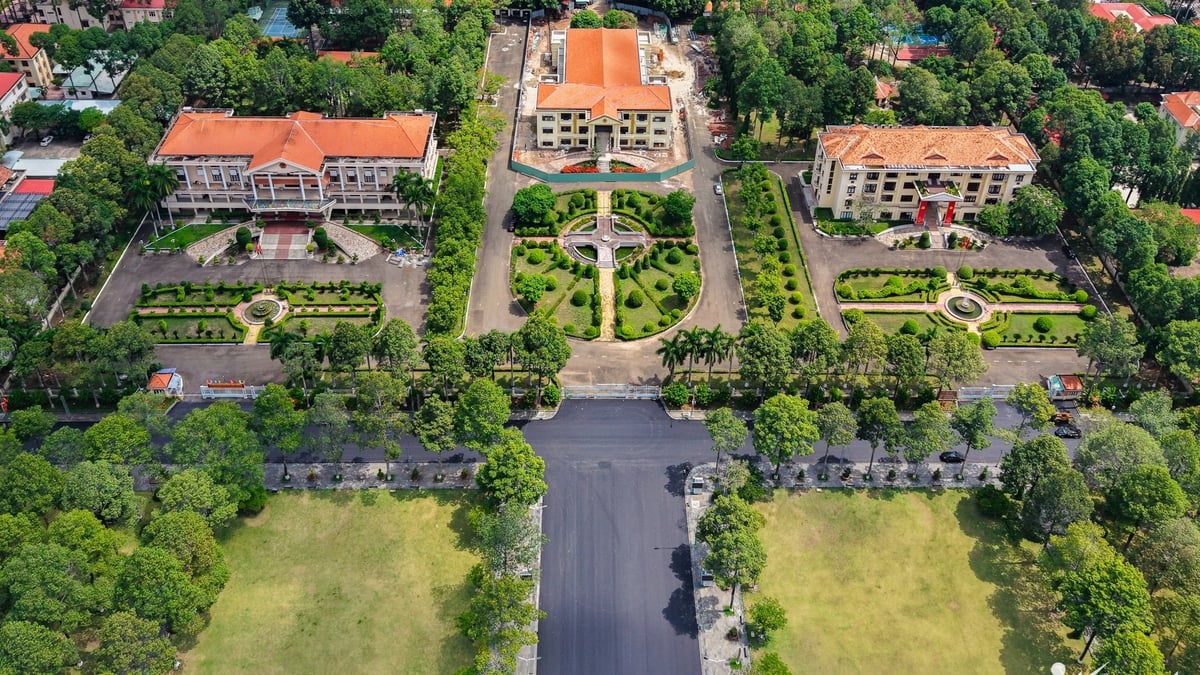
![[Photo] National Assembly Chairman Tran Thanh Man meets with Thai Prime Minister Paetongtarn Shinawatra](https://vphoto.vietnam.vn/thumb/1200x675/vietnam/resource/IMAGE/2025/5/15/e71160b1572a457395f2816d84a18b45)

![[Photo] Prime Ministers of Vietnam and Thailand visit the Exhibition of traditional handicraft products](https://vphoto.vietnam.vn/thumb/1200x675/vietnam/resource/IMAGE/2025/5/15/6cfcd1c23b3e4a238b7fcf93c91a65dd)
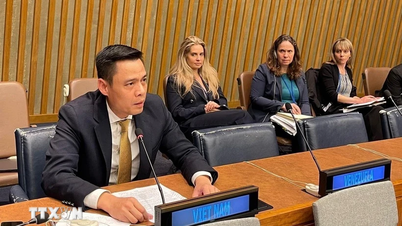

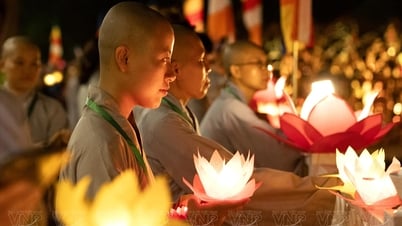


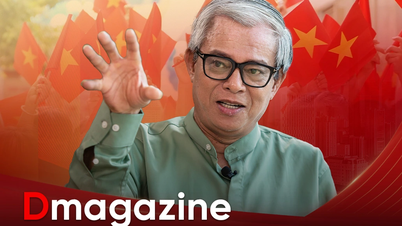







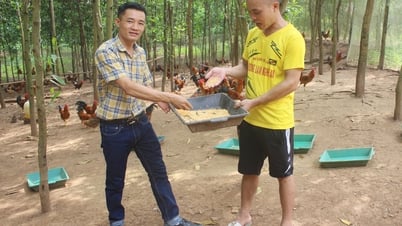
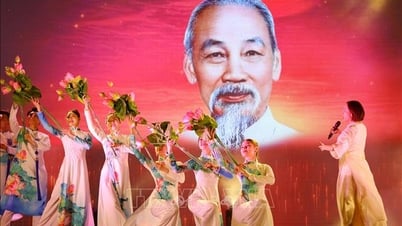

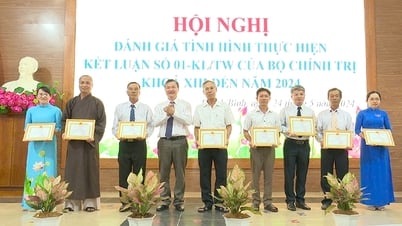






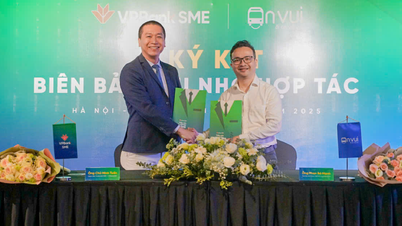

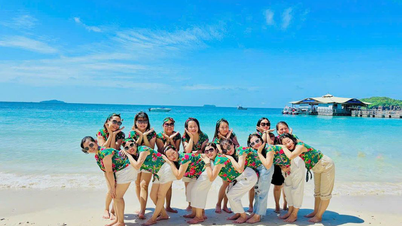



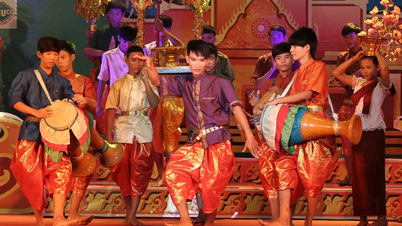











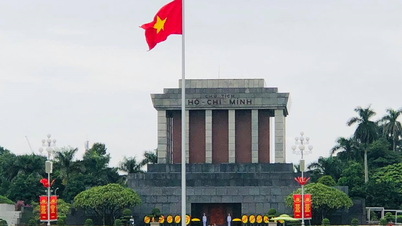
















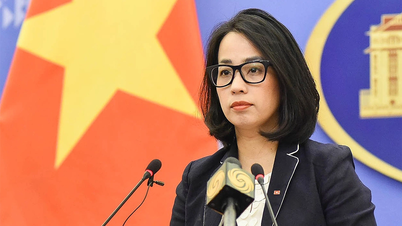


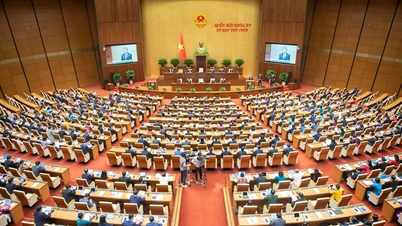

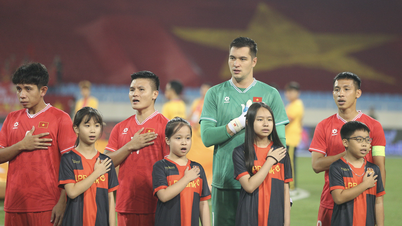
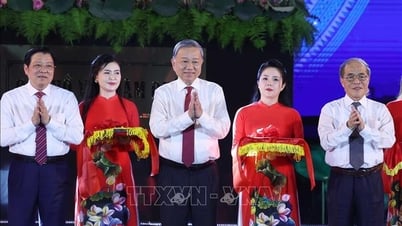

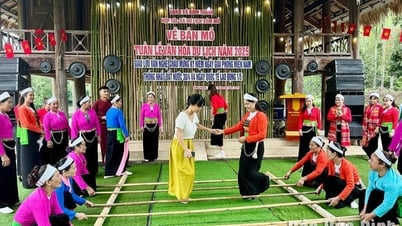

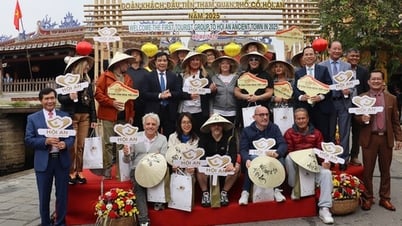

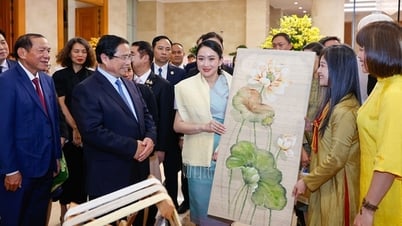

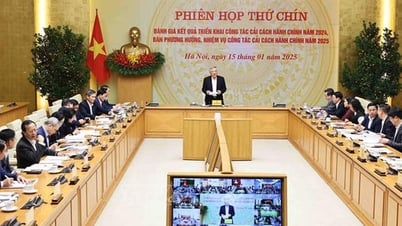
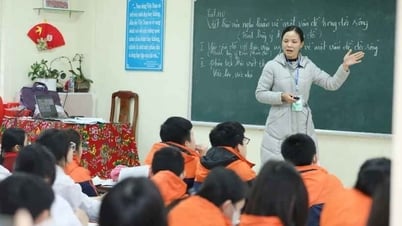




















Comment (0)